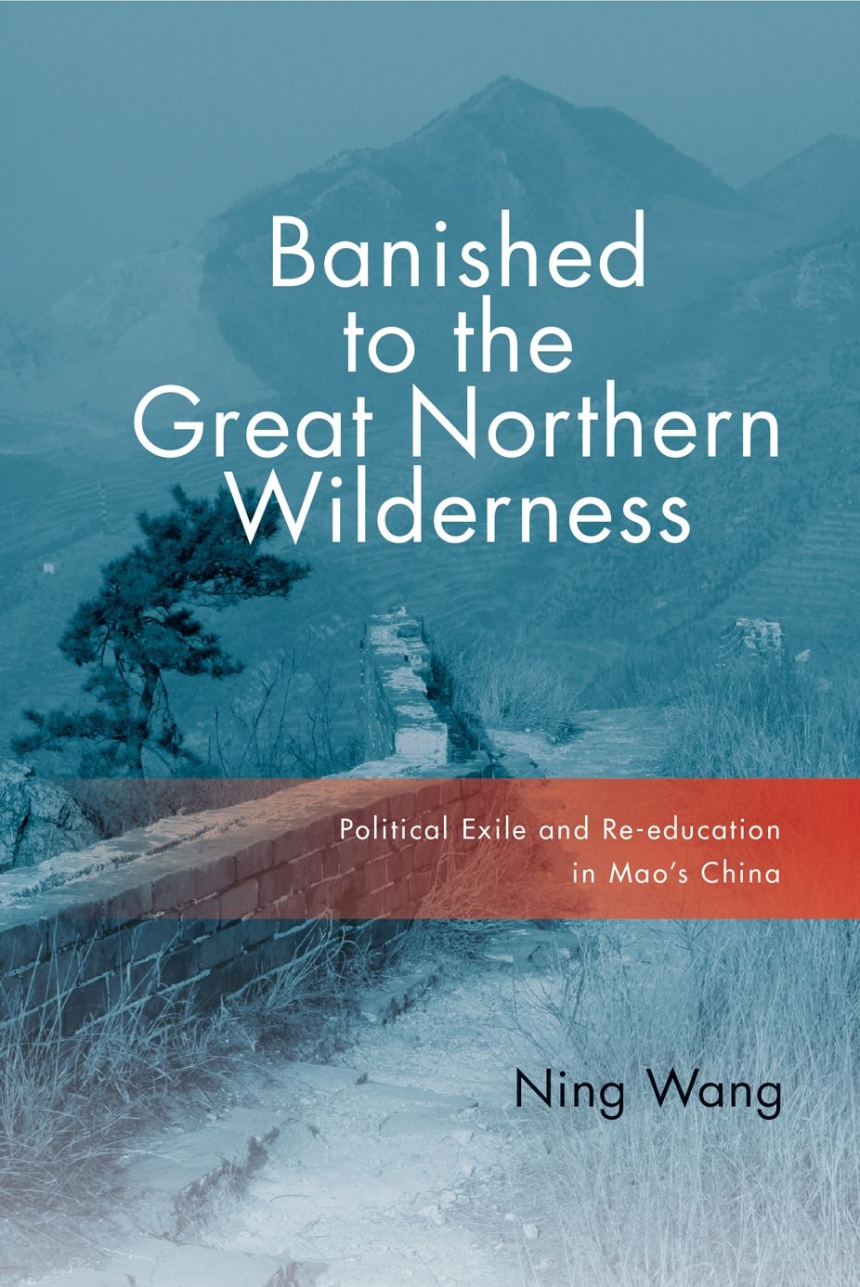University of British Columbia Press
Banished to the Great Northern Wilderness
Political Exile and Re-education in Mao’s China
Distributed for University of British Columbia Press
Banished to the Great Northern Wilderness
Political Exile and Re-education in Mao’s China
Following Mao Zedong’s Anti-Rightist Campaign of 1957–58, Chinese intellectuals were subjected to “re-education” by the state. In Banished to the Great Northern Wilderness, Ning Wang draws on labour farm archives and other newly uncovered Chinese-language sources, including an interview with a camp guard, to provide a remarkable look at the suffering and complex psychological world of intellectuals banished to China’s remote north. Wang’s use of grassroots sources challenges our perception of the intellectual as a renegade martyr – revealing how exiles often denounced one another and, for self-preservation, declared allegiance to the state.
Table of Contents
Introduction
1 The Anti-Rightist Campaign and Political Labelling
2 Beijing Rightists on the Army Farms of Beidahuang
3 Political Offenders in Xingkaihu Labour Camp
4 Life and Death in Beidahuang
5 Inner Turmoil and Internecine Strife among Political Exiles
6 End without End
Conclusion
Appendix A: Interview List
Appendix B: Note on the Sources and Methodology
Glossary; Notes; Bibliography; Index

